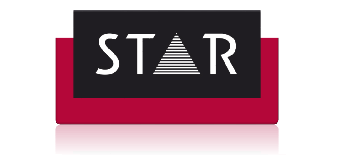STAR TRANSLATION
STAR GROUP
We are a member of STAR GROUP, one of the world's leading translation companies.
IRELAND
+353 1 836 5614
Riverdale House, Main Street, Clonee,
Co. Meath, D15 YT3Y, Ireland
UNITED KINGDOM
Guildford, Surrey
United Kingdom
UNITED STATES
Cleveland, Ohio
USA
SWEDEN
Uppsala
Sweden
STAR AG (HQ)
Ramsen, Switzerland

What does it take to be a good translator?
Business, TranslationWe all know it takes more than speaking two (or more) languages to be a good translator. It is one thing to be fluent in a language and another to produce good translations. But what other abilities do you need? Here are some ideas that I have grouped into three skillsets.
Morse Code Translator and Converter
Fun Facts, TranslationMorse Code Translator. Have some fun and learn Morse code at the same time. using our online translator. It’s really easy. Type your text and then click convert to see what the message is in Morse code.
Then click play to hear it
Transit NXT Service Pack SP17
Transit, Translation, Translation Technology, Translation ToolsTransit NXT Service Pack SP17 Release Notes
The latest service pack includes integration with Amazon Translate, InDesign 2025 and more.